A Theory of Jerks and Other Philosophical Misadventures
by Eric Schwitzgebel
***🏆 A Five Books Book of the Year ***
Eric Schwitzgebel is a prolific and interesting philosophical blogger. His Splintered Mind blog is where he expresses himself in his distinctive fashion, but he has also found time to write longer pieces for newspapers and magazines, as well as publishing conventional academic work. Since 2006, he has written over a thousand short pieces on a wide range of topics for a general audience. His approach is often quirky or challenging, mixing autobiography with self-deprecatory humour, sometimes irreverent, sometimes a bit nerdy, but never compromising on thought. Some of these are highly ephemeral, but he has now filtered those out, and selected his favourite 58 essays of varying lengths, but mostly short (and some very short) and made a book out of them. It takes its title, A Theory of Jerks and Other Philosophical Misadventures from one of his longer pieces, but ranges widely across moral philosophy, psychology, philosophy of mind, and metaphysics.
In the title essay, a version of which was published in the online magazine Aeon, he spells out what a jerk is, and grapples with the question of whether if you are yourself a jerk you could come to appreciate that fact about yourself. The essence of jerkitude, it turns out, is that a jerk ‘culpably fails to appreciate the perspectives of others around him, treating them as tools to be manipulated or fools to be dealt with rather than as moral and epistemic peers.’ This is different from being an asshole (as analysed by Aaron James in his book Assholes: A Theory). Assholes have a particularly entrenched sense of entitlement: assholes are jerks, but not all jerks are assholes. According to Schwitzgebel, if you are a jerk, it’s very hard to come to realise this as you will be unlikely to give much weight to other people’s assessment of you. That can be a real problem. There are many jerks in the world, and Schwitzgebel has helped clarify why they are jerks, and why most of them probably don’t realise they’re jerks.
The jerk essay is comparatively long, but some of these pieces are very short. “The Legend of the Leaning Behaviourist”, for instance, is only just over a page long. It recounts the possibly apocryphal story of a class of psychology students in the 1960s who decided to apply what they’d learnt about operant conditioning to their own psychology professor (the behaviourist B.F. Skinner?): they smiled and nodded more often every time he moved to the left of the lecture hall, and frowned when he was on the right side of the room. By the end of the semester, he was lecturing leaning against the left wall. When asked why he was teaching from way over to one side of the room, he replied that he didn’t really know, but it was close to the ashtray…
Not much longer than this essay is the one on deathbed regrets in which he is sceptical about taking too seriously those who, at the end of their lives, disparage the pursuit of money and external success. As Schwitzgebel points out, they are on the way out and have nothing to lose by taking this approach. He advocates what he sees as a more balanced approach, taking the thoughts of those in the middle of their lives as seriously as those at the very end.
These summaries are just intended to give you a flavour of the sorts of ideas that exercise Schwitzgebel’s lively mind in A Theory of Jerks and Other Philosophical Misadventures. Don’t be deceived by the jaunty tone – there is almost always a deeper point about how we should live, what we are, or the nature of reality, being made even as he reaches for the wacky example or phrase. As Schwitzgebel acknowledges in his preface, it would be an unusual reader who enjoyed every one of these essays. And this is not the sort of book you could easily sit down to read from cover to cover. That would be like eating too many slices of cake in one go. But as a collection of stimulating original observations, arguments, and provocations, to which you can keep returning and which will make you stop and think, particularly when you disagree with him, it is quite brilliant.
Recommendations from our site
“In a sense this book is just the tip of the iceberg of this philosopher’s public working through of ideas that really matter or really interest him.” Read more...
The Best Philosophy Books of 2019
Nigel Warburton, Philosopher
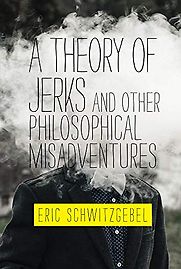


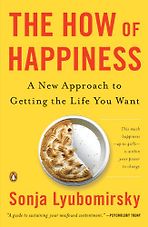
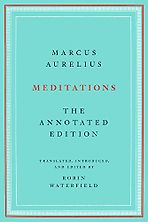

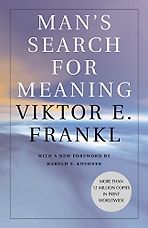
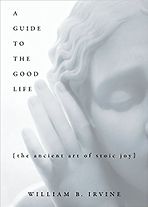
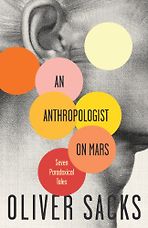
Five Books review